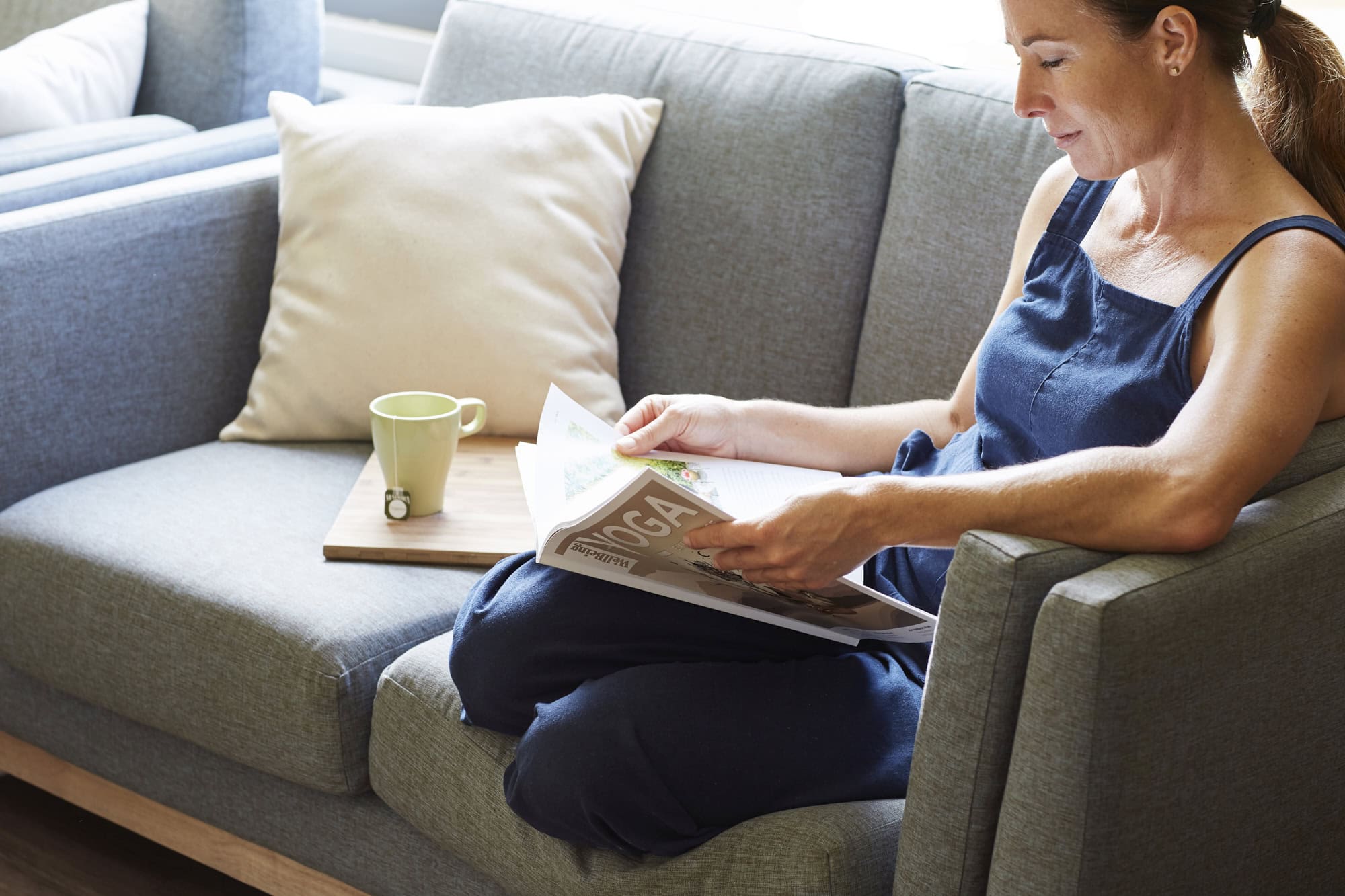For The Families Who Love Someone Struggling With Addiction, Mental Health, And PTSD
Contact us
What the family need to know
There are few things more distressing than watching someone you love head down a seemingly self-destructive path. Families and friends of those caught in the cycle of destructive behaviours often struggle to make sense of and cope with the crisis faced by their loved one, and find themselves at a loss in terms of knowing how to help. Just as the person suffering impacts their family, the family and others impacts them too. In this sense, the family’s power to support and invite change in their love one is often underestimated and misunderstood. More often than not our automatic and instinctual reaction to a person we love in crisis is to react which only tends to fuel and intensify the problem, rather than contribute positively to resolving it.
Families tend to put their time, energy and focus into getting the affected family member to change, rather than directing those resources where they are most useful…into managing and calming their reactions to their loved one’s plight.
When family members learn how to support, settle and look after themselves, they begin to be part of the solution. Even if just one family member can manage to stay connected to the individual struggling but also stay relatively calm, the entire family system begins to settle down and the conditions that invite and support recovery in the affected person are created. Learning how to set limits, allow consequences and keep one’s self safe is an essential part of such a process.
Families facing alcoholism, addiction, disorders or mental health problems of any kind in a loved one tend to do best when they too are guided and supported through the crisis at hand. When loved ones and family members learn how to support, settle, and look after themselves, in the face of their loved one’s crisis, only then can they become part of the solution.
How to Get Support?
More often than not, an enormous amount of financial, mental and emotional resources have gone into helping the person you love and in some cases it is like life has been put on hold. Often families have a way of relating to the issue such as blaming the other for how they feel or what is being done to them or believe it is something they have done wrong and work tirelessly to make it better, or fix the family member. What is evidenced from extensive studies into family systems and destructive behaviours is that when each party takes full responsibility for their reactions, experiences and needs, true healing and recovery can occur.
So how do we do this? Firstly, and most importantly just being open to a new understanding of the dynamics not serving the relationship can bring new awareness and the issues and entanglements will start to loose their energy and love can start to replace distrust, hurt, and anger.
We strongly recommend you develop your own support network as the more you understand and discover about yourself and healthy relating the more support you can be for your person.
What Can you Do?
Family Therapy
Should your loved one come to the place of entering residential rehab, a good program will offer some form of Family Therapy. While family therapy can happen outside treatment, it can be more problematic if a person is in active addiction or has little support.
If all members of the family can develop skills to deal with what is going on in the relationships around them, the person struggling will have a much better chance of getting well. Family Therapy is not about blame, it is about taking responsibility for one’s part in the problem.
Read more on Family Therapy here or call some of the support lines below for more information.
Find a counsellor
It is invaluable to have your own person to talk to who is not personally connected to the problem. It is helpful to find a therapist who understands and works with families and addiction. Therapy is one of the most common supports and can be delivered in person, over the phone or online. It can take many different forms such as talking about your problems, changing your thinking patterns, or planning how to manage difficult situations. Counselling can be short term or ongoing.
Peer Support Meetings
We recommend you look at ALANON or CODA. Both are a supportive and safe environment for families and loved ones of people struggling with addictions, disorders, and other co-occurring conditions.
Helpful Video Content
There are also some truly inspiring stories and information available via TedX, YouTube and other media platforms. Here are a select few to help you understand yourself and your family member:
The Power of Addiction by Gabor Mate
Everything you think you know about addiction is wrong
8 Signs you may be Codependent
“Byron Private is a life saving facility. There was nothing in New Zealand that could offer us a therapy program for our daughter. The options were hospital and a medication regime, now we have hope of recovery. Byron Private is caring and treats the person not the disease. Thank you Byron Private” Patricia- Family Member
Other Online / Phone Support Services
Turning Point – Clinical care and support, 24/7 online counselling. Call 1800 888 236
The Alcohol and Drug Foundation, has wide ranging resources and options
Healthline – Resources of online communities
Family Drug Support (FDS): 1300 368 186 (available 24/7)
Counselling Online (24/7) counsellingonline.org.au
Mensline Australia: 1300 78 99 78 (24hrs)
Relationships Australia: 1300 364 277
Lifeline: 13 11 14
Beyond Blue: 1300 22 4636
Byron Private offers an effective pathway to recovery for those living with post-traumatic stress disorder (PTSD) and other common challenges such as addictions and mental health. If you or someone you love is struggling, please reach out to our clinical team for a confidential discussion on 02 6684 4145.